Chile leads innovation initiatives in sustainable mobility and decarbonization
- Presentation of the report on the state of sustainable mobility in Chile, developed by Evolv-x initiative of Invest in Latam.
- Report data 1 Data
- report 2
- In the Latam Mobility Conosur, the change of presidency of the Association of Electric Vehicles of Chile (AVEC) will be presented
After the successful face-to-face meeting “Latam Mobility: Colombia 2023” where more than 700 attendees met together with prominent representatives of the public and private sectors, it is the turn of Santiago de Chile, which will be the next destination of the “2023 Tour”.
On August 29 and 30, Latam Mobility, the leading community in the promotion of sustainable mobility in Latin America, will hold the “Latam Mobility: ConoSur 2023”, where the most important leaders and representatives of companies linked to energy, transport, fuels and mobility, to show the advances and perspectives of the industry in the country and the region.
The meeting will be attended by Juan Carlos Muñoz, Minister of Transportation of Chile, who will be in charge of opening the summit, together with prominent representatives, such as Daniela Peñaloza Ramos, mayoress of Las Condes; Paola Tapia Salas, executive director of the Directorate of Metropolitan Public Transport; Marcela Munizaga, Vice President of the Metro S.A. Board of Directors, and Alexis Arévalo, Deputy Director of Urban Mobility of the Municipality of Santiago.
In addition, in order to reinforce regional integration to promote progress towards the transition in sustainable mobility, the meeting will have the participation of representatives from Argentina and Uruguay, among which Ignacio Horvath, general director of the National Fuel Administration. , Alcohol and Portland (Ancap) from Uruguay; Marcelo Rodio, Secretary of Transportation and Transit of Córdoba, Argentina, and Daniel Vilches, President of the Transportation Society of Mendoza, Argentina, among others.
Why Chile?
According to figures from the National Automotive Association of Chile (ANAC), between January and June of this year, 777 electric vehicles have been marketed, as well as the first three models of hydrogen cell vehicles.
In addition, the country has a total of 326 public charging facilities for electric vehicles, which represents an increase of 5.5% compared to 2022. In relation to heavy vehicles, electric buses accumulated 955 units sold in the first five months of this year with an increase of 1,668%, compared to 2022.
On the other hand, it should be noted that the installed capacity of the Chilean electrical matrix is diversified, made up of 39.44% non-conventional renewable energy, and 60.56% from conventional sources, with 28% coming from solar and wind energy.
These numbers show that Chile is at the forefront of sustainable mobility and maintains its increase in the use of renewable energies, which makes it a benchmark for Latin America and the world.
Workshops y Networking
Latam Mobility’s “2023 Tour” will present a series of panels dedicated to specific topics, which seek to highlight the progress, challenges and opportunities in the different sectors that encompass sustainable mobility in each of the countries visited, and Chile is part of the vanguard in the region.
Public transport, the automotive sector, charging infrastructure, fleet management, finance, clean fuels, and technology will be part of the content to be discussed in different panels made up of leaders from companies and government institutions, who will talk about the challenges and prospects for the country and the region.
In addition, “Latam Mobility: ConoSur 2023” will have workshops, private workshops with specialized content related to fleet management, smart charging, safety in electric vehicles, among others, as well as spaces dedicated to facilitating networking and continuing to promote sustainable mobility in the different countries of Latin America.
For more information about the agenda and positioning options, write to [email protected]

